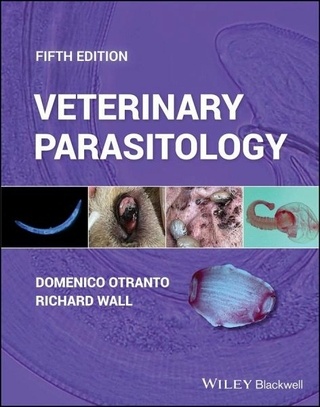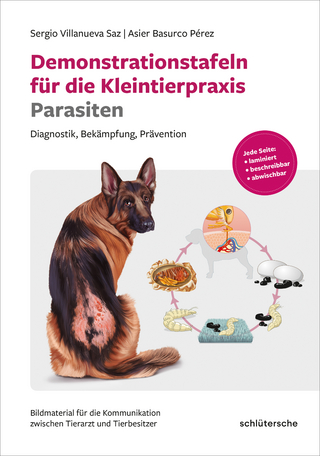
Developing Methodologies for the Use of Polymerase Chain Reaction (PCR) in the Diagnosis and Monitoring of Trypanosomosis
Final Results of a Coordinated Research Project, 2001–2005
Seiten
2007
IAEA (Verlag)
978-92-0-105507-1 (ISBN)
IAEA (Verlag)
978-92-0-105507-1 (ISBN)
Outlines the uses of polymerase chain reaction in the detection of trypanosomes. Working protocols for the use of specific probes are determined; handling and extraction of samples are optimized and the use of universal primers for the detection of all trypanosomes are examined, all with promising results where validation criteria are addressed.
Trypanosomes produce a variety of diseases affecting both animals and humans. Diagnosis has relied on conventional serological and microscopical methods, the sensitivity and specificity of which have never proved ideal. The polymerase chain reaction (PCP) offers a solution to the detection of organisms, since it has a very high sensitivity where minute amounts of nucleic acid can be amplified. The specificity of PCP resides in the identification of specific parts of a genome. The work described in this publication involves the main uses of PCR in the detection of trypanosomes. Working protocols for the use of specific probes have been determined; handling and extraction of samples have been optimized and the use of universal primers for the detection of all trypanosomes has been examined, all with promising results where validation criteria have been addressed. Such PCR based tests allow an unequivocal estimation of the affect of interventions in the eradication of trypanosomal diseases, such as those involving sterile insect technology (SIT) in the tsetse control programmes of the IAEA.
Trypanosomes produce a variety of diseases affecting both animals and humans. Diagnosis has relied on conventional serological and microscopical methods, the sensitivity and specificity of which have never proved ideal. The polymerase chain reaction (PCP) offers a solution to the detection of organisms, since it has a very high sensitivity where minute amounts of nucleic acid can be amplified. The specificity of PCP resides in the identification of specific parts of a genome. The work described in this publication involves the main uses of PCR in the detection of trypanosomes. Working protocols for the use of specific probes have been determined; handling and extraction of samples have been optimized and the use of universal primers for the detection of all trypanosomes has been examined, all with promising results where validation criteria have been addressed. Such PCR based tests allow an unequivocal estimation of the affect of interventions in the eradication of trypanosomal diseases, such as those involving sterile insect technology (SIT) in the tsetse control programmes of the IAEA.
| Reihe/Serie | IAEA TECDOC Series |
|---|---|
| Verlagsort | Vienna |
| Sprache | englisch |
| Maße | 152 x 229 mm |
| Themenwelt | Veterinärmedizin ► Klinische Fächer ► Parasitologie |
| ISBN-10 | 92-0-105507-2 / 9201055072 |
| ISBN-13 | 978-92-0-105507-1 / 9789201055071 |
| Zustand | Neuware |
| Haben Sie eine Frage zum Produkt? |
Mehr entdecken
aus dem Bereich
aus dem Bereich
Buch | Spiralbindung (2023)
Schlütersche (Verlag)
59,95 €


